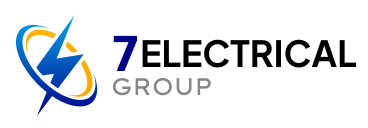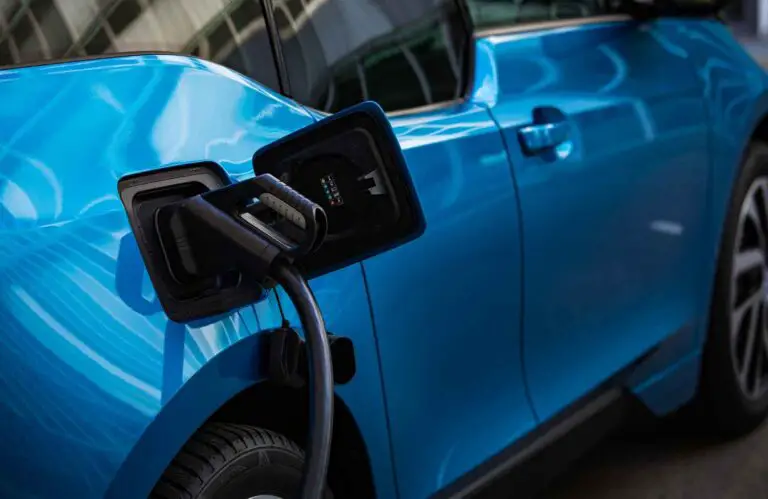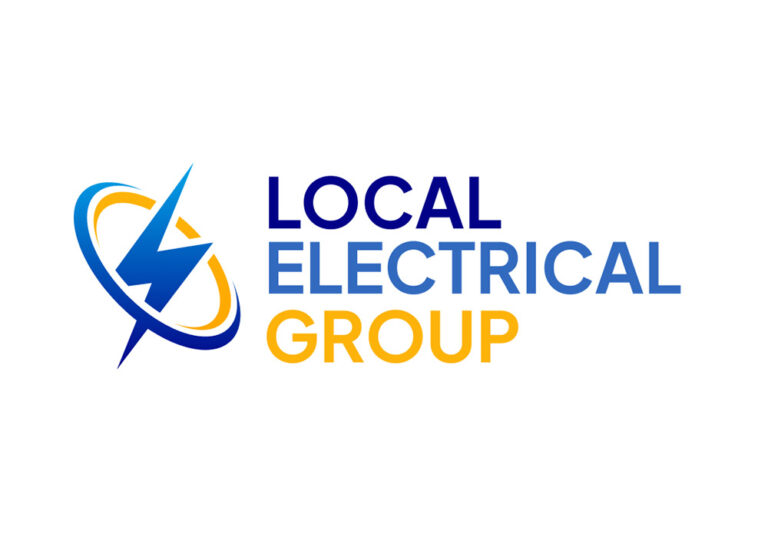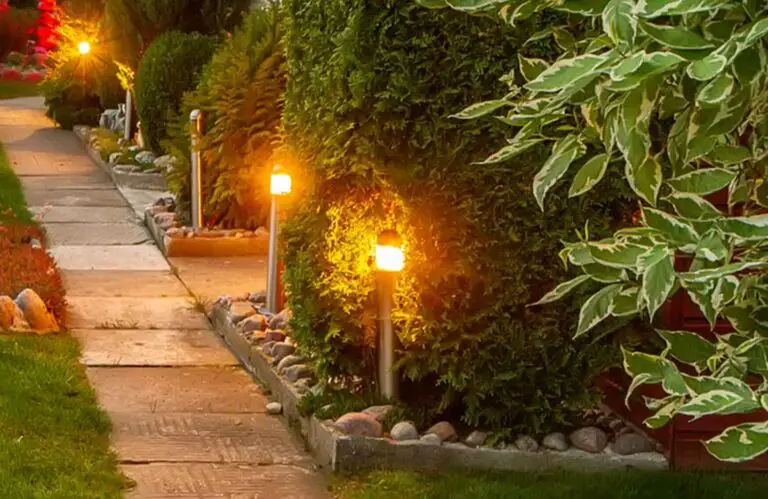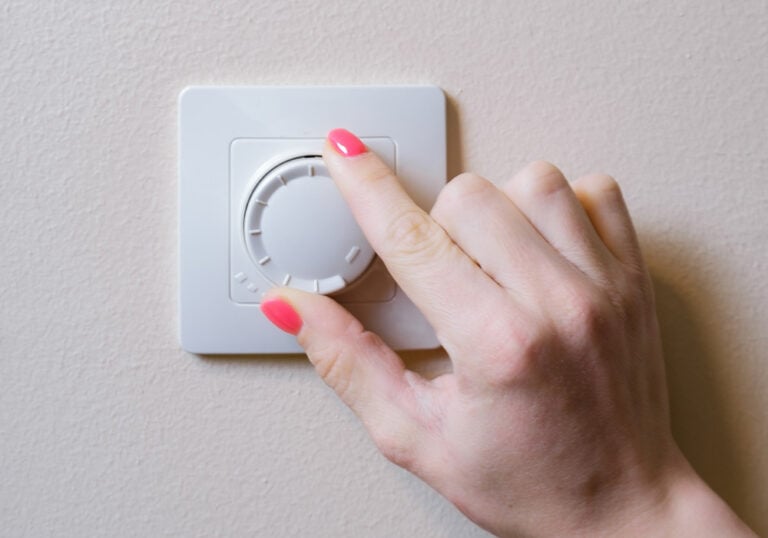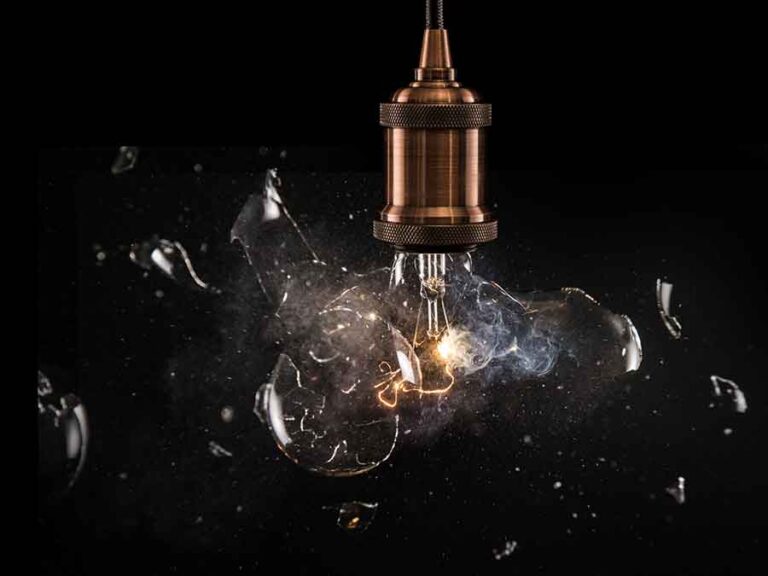How Much Does it Cost to Install Home CCTV? A Comprehensive Guide
Installing a home CCTV system has become increasingly popular as a means of enhancing security and peace of mind. Many homeowners are considering adding this valuable feature to their properties. The cost of a home CCTV installation will depend on various factors, including the type and size of the system, the level of expertise required, and additional costs for accessories or services.
There are a few primary components to consider when assessing the total cost for installing a home CCTV system. Choosing between a professional installation or going the DIY route can greatly impact the overall expense. In addition, it’s essential to factor in ongoing maintenance costs and any potential extra fees that may arise during the process.
Key Takeaways
- Home CCTV installation costs depend on factors like system type, size, and expertise needed
- Choosing between professional and DIY installations can significantly impact the price
- Consider ongoing maintenance costs and potential extra expenses when budgeting
Overview of Home CCTV Installation
When considering installing a CCTV system in your home, it’s important to be aware of the various factors that can affect the cost. The price of home CCTV installation includes several aspects, such as the number and type of cameras, the complexity of the system, and any additional features you may require.
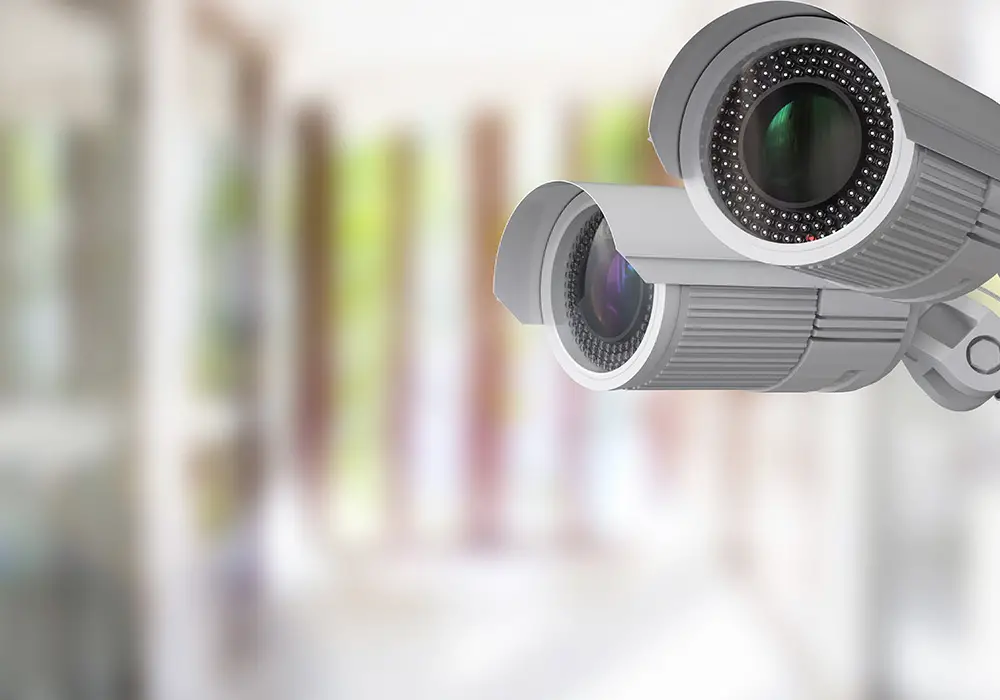
Types of cameras: The cost of home CCTV installation varies considerably depending on the type of cameras you choose. There are several options, including dome, bullet, and PTZ (pan-tilt-zoom) cameras. Dome and bullet cameras are typically less expensive, whereas PTZ cameras are more advanced and can cover larger areas, which makes them somewhat pricier.
Labour costs: Labour cost is another significant factor in determining the price of home CCTV installation. This can vary depending on factors like your location, the specific skills and experience of the installer, as well as any individual requirements or challenges in installing the system.
System complexity: The cost of home CCTV installation can also be affected by the complexity of the system. A simple, standalone set-up with a single camera and minimal wiring will typically be less expensive than a more intricate system involving multiple cameras, additional sensors, and a higher level of integration with other security or smart home systems.
Storage and monitoring: An essential part of any home CCTV system is storage and monitoring. You need to consider whether you want cloud-based storage, local storage on a hard drive, or a combination of both. Additionally, you might opt for a subscription-based monitoring service, or self-monitoring, which can influence the overall cost.
To ensure the best value for your investment, it’s vital to consider the specific needs of your property and tailor your home CCTV installation accordingly. By exploring various camera types, installation methods, and monitoring solutions, you can find a system that’s both effective and within your budget.
Typical Cost Factors for Home CCTV Installation
Type of CCTV System
When considering the cost of installing a home CCTV system, you need to think about the type of system you want. There are wired, wireless, and IP-based systems available. Wired systems tend to be more expensive because they require more labour-intensive installations, whereas wireless and IP-based systems are often quicker and easier to install.
Number of Cameras
The number of cameras you wish to install will influence the cost of your home CCTV installation. The greater the number of cameras, the higher the overall cost, as you will need additional equipment and potentially more complex installation. Determine the number of cameras needed for full coverage of your property and be prepared for the price to reflect this.
Installation Complexity
The complexity of your home CCTV installation can also affect the cost. Factors that contribute to installation complexity include:
- The size and layout of your property
- The need for multiple access points and camera angles
- Existing wiring and power sources
A specialist installer may charge more for a complex installation compared to a straightforward setup. However, it’s vital to ensure the system is installed correctly to guarantee maximum security.
Additional Equipment Needed
Depending on the specifics of your home CCTV installation, you might need additional equipment, which can increase the overall cost. This could include:
- Extra CCTV cables or wiring
- Upgraded power supplies
- Additional storage capacity or recording devices
- Mounting brackets and fixtures
Carefully assess your home’s requirements to determine the necessary equipment and consider the costs related to these purchases, but remember that investing in a well-functioning security system is essential for your peace of mind and safety.
Professionals Vs DIY Installation
Cost of Hiring a Professional
When choosing to install a home CCTV system, you have the option to hire a professional or do it yourself. Hiring a professional has several benefits, such as expertise, proper installation, and a streamlined process. But it comes with a cost. The cost of hiring a professional varies based on factors such as location, demand, and the complexity of the installation.
- The cost typically ranges between £200 and £500 for labour and equipment.
- Some companies offer packages that include multiple cameras, which can impact the overall cost.
- Additional costs may include system maintenance and subscription fees for ongoing monitoring services.
It’s essential to compare offers from different professionals and choose the one that best suits your budget and needs.
DIY Installation Costs
If you’re confident in your ability to install a home CCTV system, doing it yourself can save you a significant amount of money. However, there are a few factors to consider in terms of cost:
- The price of the CCTV system itself, which can range from £100 to £400 for a quality setup.
- Necessary tools and equipment such as drills, wiring system, and mounting brackets.
- The time you’ll spend installing and configuring the system.
When deciding on a DIY installation, ensure you have the proper knowledge and tools for a successful project. With careful planning and a bit of patience, you can save money by installing the system yourself. Just remember to consider the potential risks and benefits before making your final decision.
Maintenance Cost
After installing a home CCTV system, one must consider the ongoing maintenance costs required to keep it running smoothly. These costs may vary depending on the type of camera, quality, and installation location.
Regular cleaning of your CCTV cameras is necessary to prevent dirt, dust or spider webs from obstructing the lenses. The frequency of cleaning depends on the local environment and weather conditions. If your cameras are located outdoors, you may need to clean them more often. Cleaning supplies and tools for cameras are relatively inexpensive, and you can either choose to clean them yourself or hire a professional service.
Another factor to consider is the expected lifespan of the cameras and related equipment. Most CCTV systems will need to undergo periodic maintenance and parts replacement. Common components that may require replacement are the camera itself, cables, connectors, and power supplies. Regularly check your system’s performance, and if you notice any decrease in quality or functionality, it might be time for an upgrade or replacement.
Software updates can also incur maintenance costs, especially if you are using a subscription-based service for remote storage or monitoring. Some cloud-based storage providers may charge a monthly fee for access to their services, while others may include free updates for a certain period of time. Make sure to check the terms and conditions of your chosen software provider to avoid unexpected costs.
Insurance costs for your CCTV system should not be overlooked. If any damage or theft occurs to your CCTV system, you may want to ensure that you have adequate cover through your home insurance policy. Consult with your insurance provider to understand the details of your coverage and if any additional premiums may apply.
To summarise, maintenance costs for a home CCTV system include regular cleaning, parts replacement, software updates, and insurance considerations. Budgeting for these expenses will help ensure your system remains functional and effective, providing you with reliable security and peace of mind.
Potential Extra Expenses
Optional Upgrades
While basic home CCTV systems can offer comprehensive coverage, you may choose to invest in optional upgrades. These upgrades can enhance your security and may include additional cameras, higher resolution, or night vision capabilities. Depending on your requirements, these upgrades can increase the overall cost of your system:
- Additional cameras: £50-£200 per camera
- Higher resolution: £100-£300 extra
- Night vision: £50-£150 per camera
Repair Costs
Over time, your home CCTV system may experience wear and tear or even damage. It’s important to factor in potential repair costs when considering installation. Repair costs tend to vary depending on the extent of damage and whether you have a warranty. Typical repair costs range from £50 to £300. To minimise repair costs, it’s essential to maintain your CCTV system by regularly checking for any malfunction, cleaning lenses, and ensuring proper configuration.
Possible Insurance Reduction
Installing a home CCTV system may qualify you for a reduction in your home insurance premium. Many insurance companies offer discounts for homeowners with security systems, as it reduces the risk of burglaries. The amount of discount varies depending on your insurer, but in general, you can expect savings between 5% to 20% on your annual premium. It’s essential to speak with your insurance provider to determine the exact discount, as each company has different criteria for these reductions.
Budgeting and Planning
Initial Cost Planning
When considering installing a home CCTV system, it’s essential to plan your budget for the initial costs. First, determine the number of cameras and the type of CCTV system you require. These factors will impact the total cost significantly. Wired systems typically have a higher upfront cost due to installation, while wireless systems have lower installation costs but may require more expensive cameras.
To help you estimate the initial costs, consider the following:
- Camera costs: Expect to pay between £30 to £500 per camera, with higher-end models offering more features and better image quality.
- Installation fees: Depending on the complexity of your chosen system, professional installation can range from £150 to £500.
- Cabling and accessories: If you opt for a wired system, allocate funds for cables, connectors, and mounting equipment.
Long-Term Cost Consideration
In addition to the initial costs of your home CCTV system, you should also plan for long-term expenses. These may include:
- Maintenance: Regular maintenance ensures the optimal performance and longevity of your CCTV system. Set aside a budget for periodic checks, cleaning, and any necessary repairs or replacements.
- Electricity costs: Running a CCTV system 24/7 can increase your energy bills. To minimise this expense, consider energy-efficient cameras or systems that only record when motion is detected.
- Storage: If you choose a system that stores footage locally, you may need to purchase external hard drives or upgrade your storage capacity over time. Alternatively, cloud storage options often incur a monthly subscription fee.
Remember to assess your home’s specific needs and requirements when planning your budget. This will help you allocate funds appropriately and ensure a smooth, stress-free CCTV installation process.
